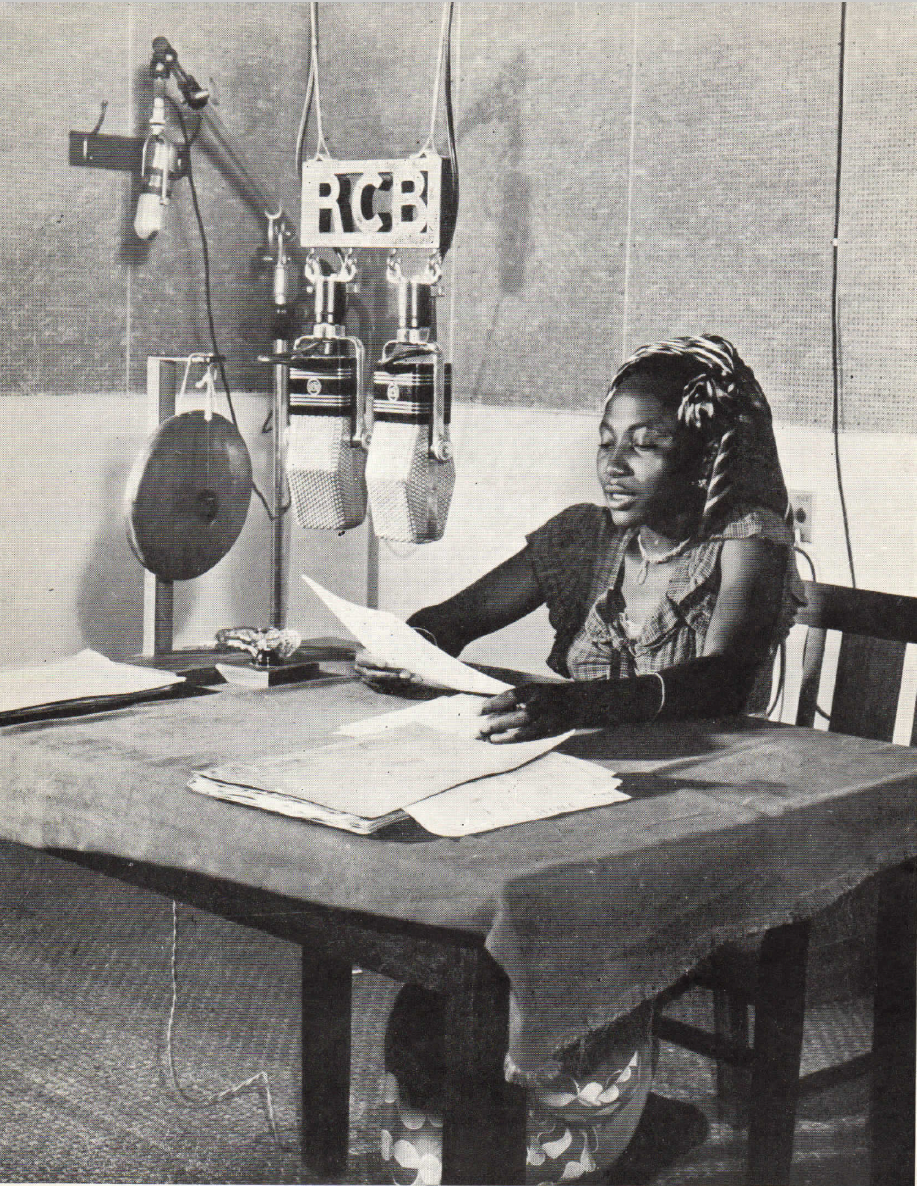The World Radio Made, c.1920-c.1980

In the 20th century, the sound of radio inserted itself everywhere. It sat in people’s living rooms like an extra family member. It waged invisible wars between enemy powers in the sky. It drove with you in your car to work. It made people shake their bodies to new thrilling beats out in the open, and hide under the covers to listen to forbidden news. Perhaps most of all, radio transformed the way people connected to each other. It reshaped the intimate boundaries between public and private, as well as geopolitical borders between states. This course follows radio technology around the world, to understand how it reshaped the geography of human societies.
In our own age, the radio as an object has lost some of its centrality to our lives. But electronic modes of communication have only grown in importance, and audio media in particular remains as important as before. From our own perspective, how can we historicize the role of radio in shaping human societies of the 20th century? Can we write a history of the radio as medium (history of radio) that is also a history of the wider changes of this period (history through radio)?
Historians in recent years have produced rich accounts of radio the world over. They have looked at how radio shaped everything from gender to politics, entertainment, business, and the list goes on. In this course, we take an intentionally wide approach, looking at a specific object (the radio) from a multiplicity of different angles in different contexts. To keep things manageable, we will focus on the peak years of radio broadcasting, from its birth in the 1920s to its fragmentation by other technologies in the 1970s. But throughout, we will remain aware of other uses of radio technology in the background, as well as the limits of this periodization. Our case studies will range from India, Britain, and Argentina to China, Algeria, and Germany. Throughout, we will focus on how radio transformed space, understood both as geographic and social.
Introductory reading
Susan Douglas, Listening In: Radio and the American Imagination, Minnesota, 1999
Lisa Gitelman, Always Already New: Media, History, and the Data of Culture, MIT Press, 2006
Simon Potter et al, The Wireless World: Global Histories of International Radio Broadcasting, Oxford, 2022
Debra Spitulnik, ‘Mobile Machines and Fluid Audiences: Rethinking Reception through Zambian Radio Culture’, in Media Worlds (2002)
Kate Lacey, Feminine Frequencies: Gender, German Radio, and the Public Sphere, 1923- 1945, University of Michigan Press, 1996
Brian Larkin, Signal and Noise: Media, Infrastructure, and Urban Culture in Nigeria, Duke, 2008
Michele Hilmes and Jason Loviglio (eds.), Radio Reader: Essays in the cultural history of the radio, New York, 2002
John Durham Peters, ‘History as a Communication Problem’, Explorations in Communication and History (ed. Barbie Zelizer), 2008.
Frantz Fanon, ‘This Is the Voice of Algeria’ [1959], A Dying Colonialism, 1965
Image of Pauline Lisanga
This material is intended for current students but will be interesting to prospective students. It is indicative only.
